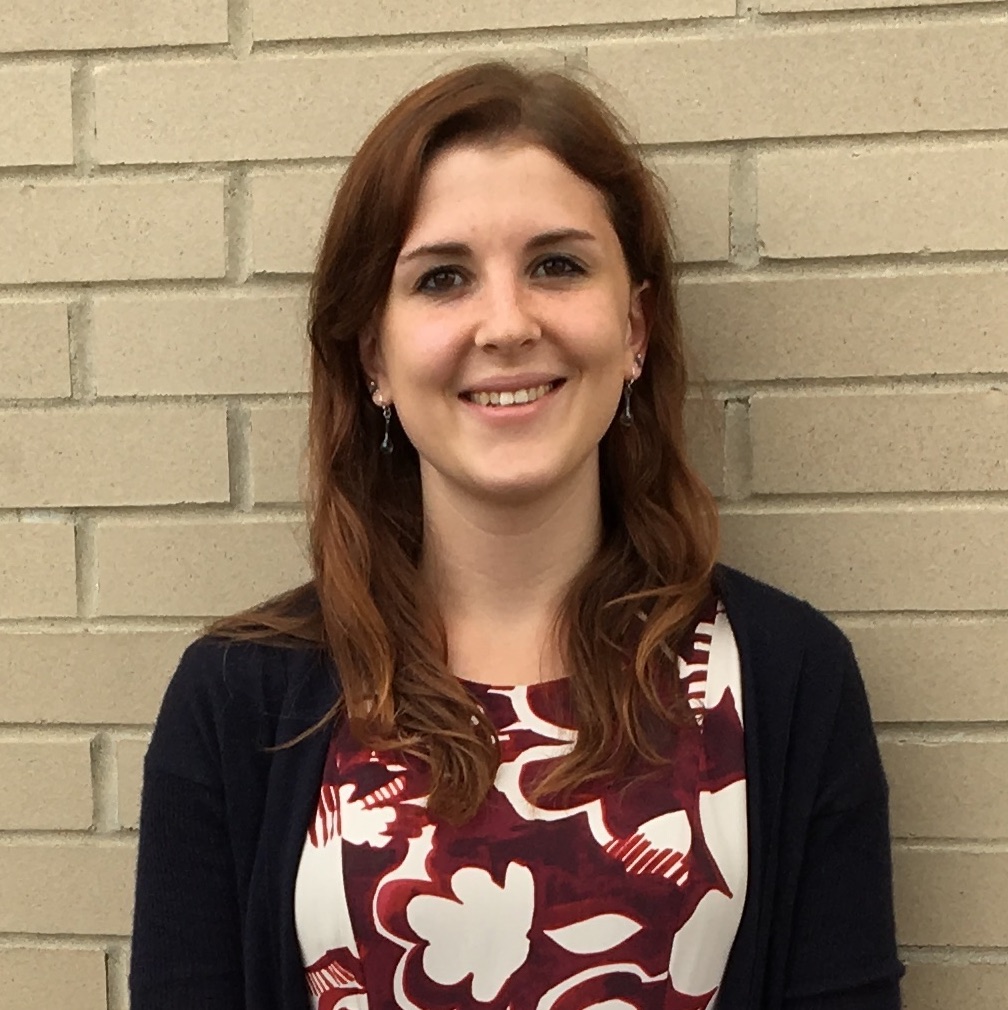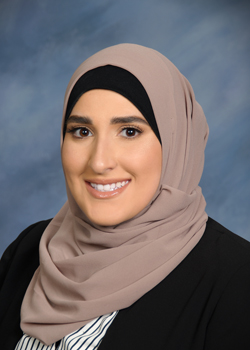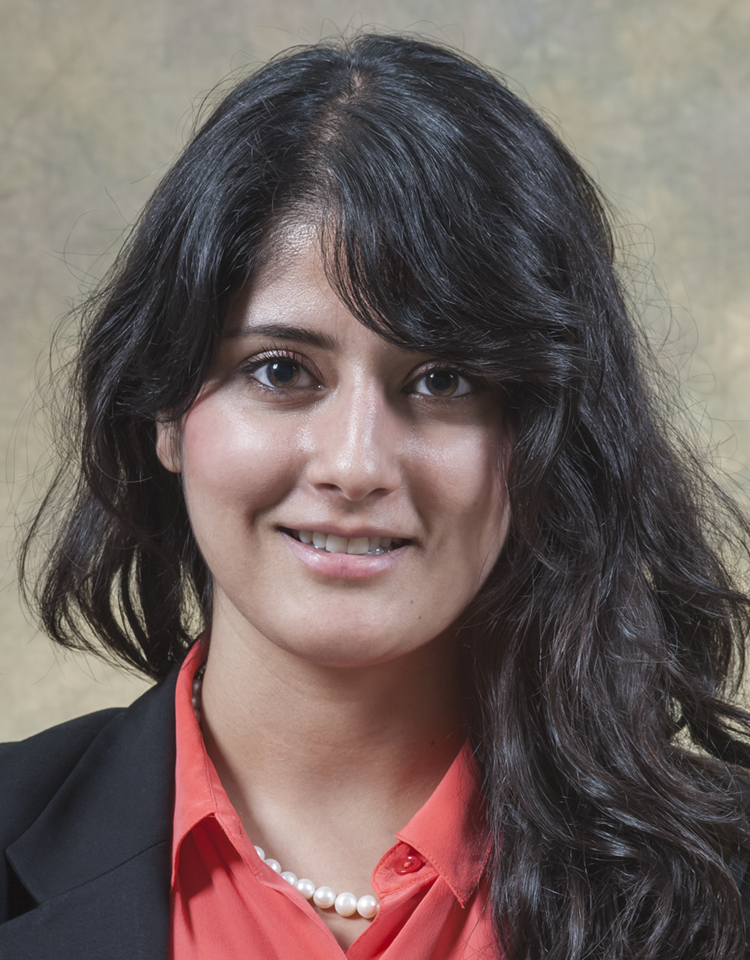As the first coronavirus cases poured into southeast Michigan hospitals, Wayne State School of Medicine students saw their mentors rush toward the pandemic’s front lines.
The students expected this of their future colleagues. What they didn’t anticipate was the toll it would take on the health care professionals’ home lives.

“It became clear that many of our health care professionals were going to need help with childcare and other important household tasks,” said Tabitha Moses, an M.D./Ph.D. student in the translational neuroscience program. “We saw physicians across the country struggling and wanted to do what we could here to help support.”
Due to the pandemic, many of the usual volunteering opportunities for medical students were unavailable, and many students are temporarily unable to continue their usual clinical responsibilities.
“WSU medical students care deeply about the community and people. We wanted to find some way we could continue to be useful during this time,” Moses said.
Moses, along with medical students Diana Alaouie, Class of 2020, and Nikki Sidhu, Class of 2021, got the ball rolling by reaching out to clinic sites’ clerkship directors — an attending physician who runs the rotation’s medical student education program — to see if there was an interest.
“We started out emailing our form and the sentiment behind our decision to create the service,” Moses said. “Very quickly, we received encouragement and a deluge of comments from residents and attendings telling us how our emails were both morale boosting and filling a gap they felt as they prepared to confront COVID-19’s onslaught of southeast Michigan.”

Reaction from fellow classmates was immediate. As more students came out in full force to sign up, the group reached out to program coordinators and directors/associate program directors and asked them to share widely. Nearly 100 medical students have signed up to volunteer, with the response from residents and attendings overwhelmingly positive and gracious. Students interested in volunteering are encouraged to sign up here.
Moses said they’ve received warm wishes and gratitude from physicians at Henry Ford Health System, Detroit Medical Center and Ascension Health, as well as from current School of Medicine Dean Jack D. Sobel, M.D., and incoming Dean Mark Schweitzer, M.D. Health care workers who need help can sign up here.
“When we were pulled off our rotations to help curb the spread, I wanted to help in whatever way I could to alleviate the burden,” Sidhu said. “After talking with more of my peers and connecting with Diana and Tabitha, I realized so many of us felt the same. By organizing as a group, we could help, even if we couldn’t make an impact on the floors.”
Throughout Sidhu’s rotations, she said, her mentors helped mold her identity as a future clinician. Training in Detroit, she witnessed the medical community’s love for the city and its people. She also saw the pride in providing care for an often uninsured and under-treated population. As an extension of that love and pride, she said, they taught future physicians, such as herself, how to do the same for the community they love.
“Which is why it didn’t come as a surprise to me that not one attending or resident I spoke with was hesitant or unwilling to be at the front lines of the COVID-19 crisis,” Sidhu said. “What was a surprise — a very disheartening one at that — was hearing about their hurdles in handling life tasks in order to prepare for the worst when COVID-19 stressed metro Detroit’s health care systems.”
Alaouie, who recently matched into internal medicine at Henry Ford Hospital in Detroit, said not a day goes by that she hasn’t felt as if she facilitated someone’s treatment or assisted in making their stay in the hospital during a vulnerable time a bit better. She sees volunteering to help during this stressful time to take care of her health care family as an extension of that.

“My passion for medicine is fueled by my dedication to serve others and the community,” Alaouie said. “Having my clinical years in the metro Detroit area has allowed me to develop a passion for the underserved.”
All volunteers have some level of clinical training, Moses said, and recognize the importance of keeping themselves and the people they help safe. There are a set of guidelines for student volunteers and families receiving help. They also ask that students do not participate if they have had a known exposure within the past 14 days or if they are symptomatic.
“It is very important to protect the health of our volunteers and health care worker families to ensure we do not contribute to the spread of this virus,” Moses said. “We expect everyone involved to be vigilant about their own health so as to not put anyone else at risk.”
This isn’t the only act of volunteerism from School of Medicine students. Many are working with the medical school’s administration to start up other COVID-19 response efforts such as increasing blood donations by healthy students and community members, and collecting/delivering PPE donations to health care front line workers. Additionally, many medical students have signed up to participate in COVID-19 testing efforts taking place over the next eight weeks at the former Michigan State Fairgrounds site.
“Improving our community is very important to all of us,” Alaouie said. “I know most students at the School of Medicine take it as a social responsibility. It is through the help of altruistic and humanistic medical students that leads to positive evolution in our local community.”